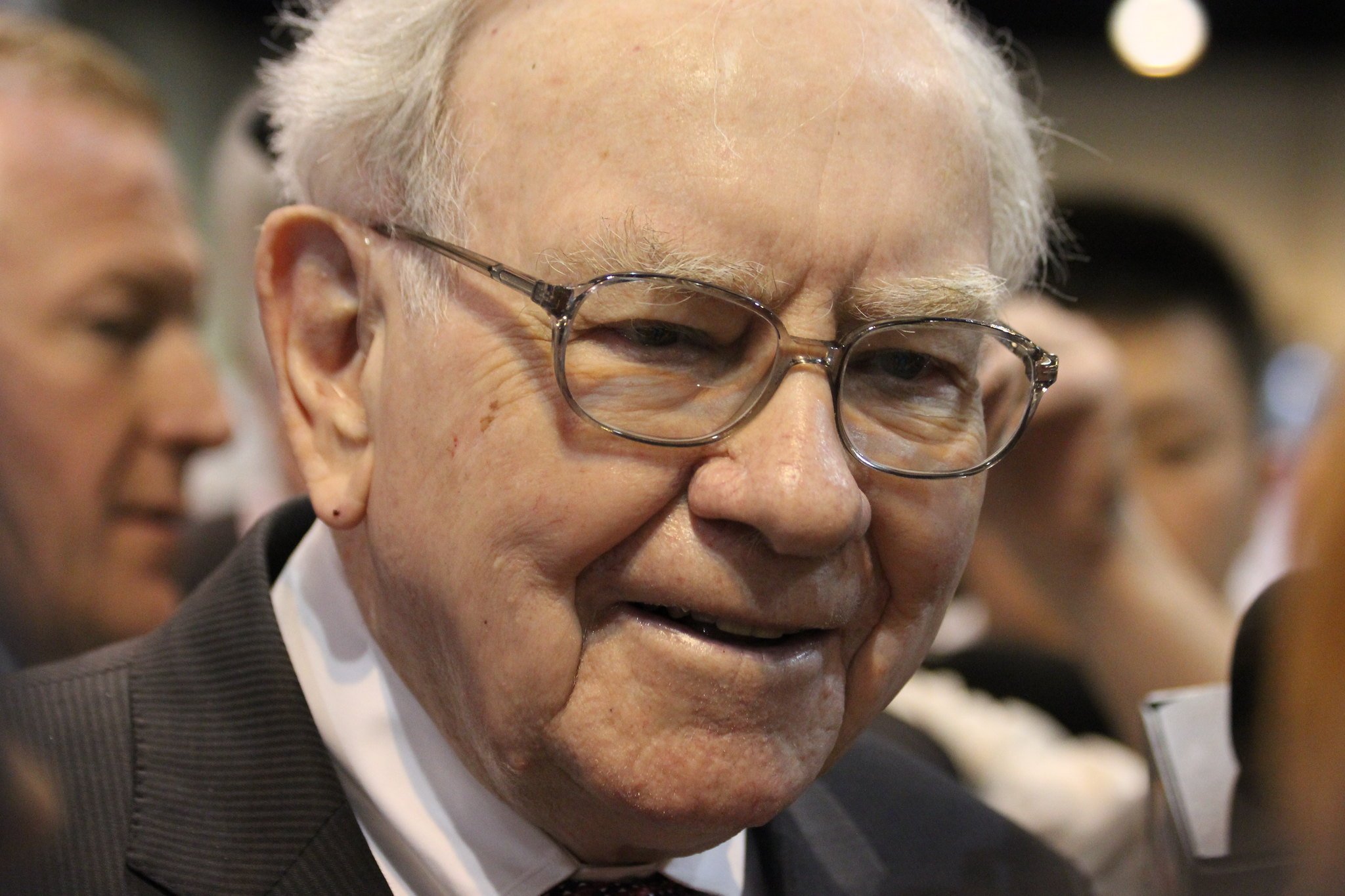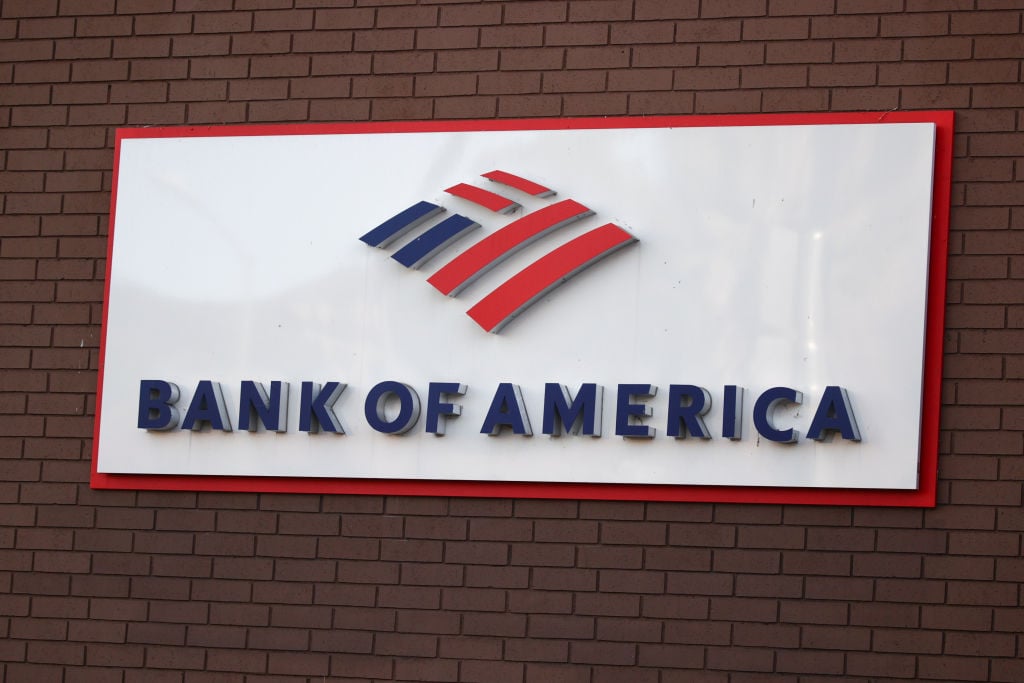
Shares of Bank of America (BAC +0.50%) are surging and could go higher. In fact, it wouldn't be unreasonable to think that they could soon eclipse $20 for the first time since the financial crisis.
There are a number of reasons for this, but two stand out from among the rest.

In the first case, Bank of America may be on the verge of increasing its dividend. And not, mind you, by a marginal amount. Analysts at Citigroup (C +1.81%) predict that the Charlotte-based bank could more than double its quarterly payout. And researchers at Markit Group believe the bank might quadruple it.
Either way, it's dependent upon the Federal Reserve's approval of Bank of America's capital plans in the ongoing Comprehensive Capital Analysis and Review process. This should wrap up in the middle of the month, and it's then shareholders in the nation's biggest banks will know whether or not they'll be the recipients of more generous quarterly checks.
Given Bank of America's progress since 2011, I tend to agree with the analysts and Citigroup and Markit Group. Where I differ is in predicting the magnitude. But regardless of whether it's a little or a lot, its symbolism could easily serve as a catalyst for the bank's share price.
This, in turn, brings me to the second reason that Bank of America's shares could continue their ascent. That is, despite the company's progress at putting the financial crisis in the rearview mirror, its stock still trades for a discount to book value.

At 0.81 times book, Bank of America is the cheapest big bank other than Citigroup, which is valued at 0.77 times book. By comparison, JPMorgan Chase (JPM +0.99%) and Wells Fargo (WFC +0.88%) are trading at multiples of 1.08 and 1.56 times book, respectively.
Now, to be clear, there's little use in hoping for complete convergence here. Despite Bank of America's hard work over the last few years, it's still a fraction of the operations that JPMorgan and Wells Fargo are. But all it would take for Bank of America's stock to get to $20 is a 15% increase in its valuation to 0.93 times book -- still below JPMorgan and Wells Fargo as well as the benchmark figure of one times book.
In sum, if you're a shareholder in Bank of America, as I am, then these two things should give you hope that more gains lie ahead.









